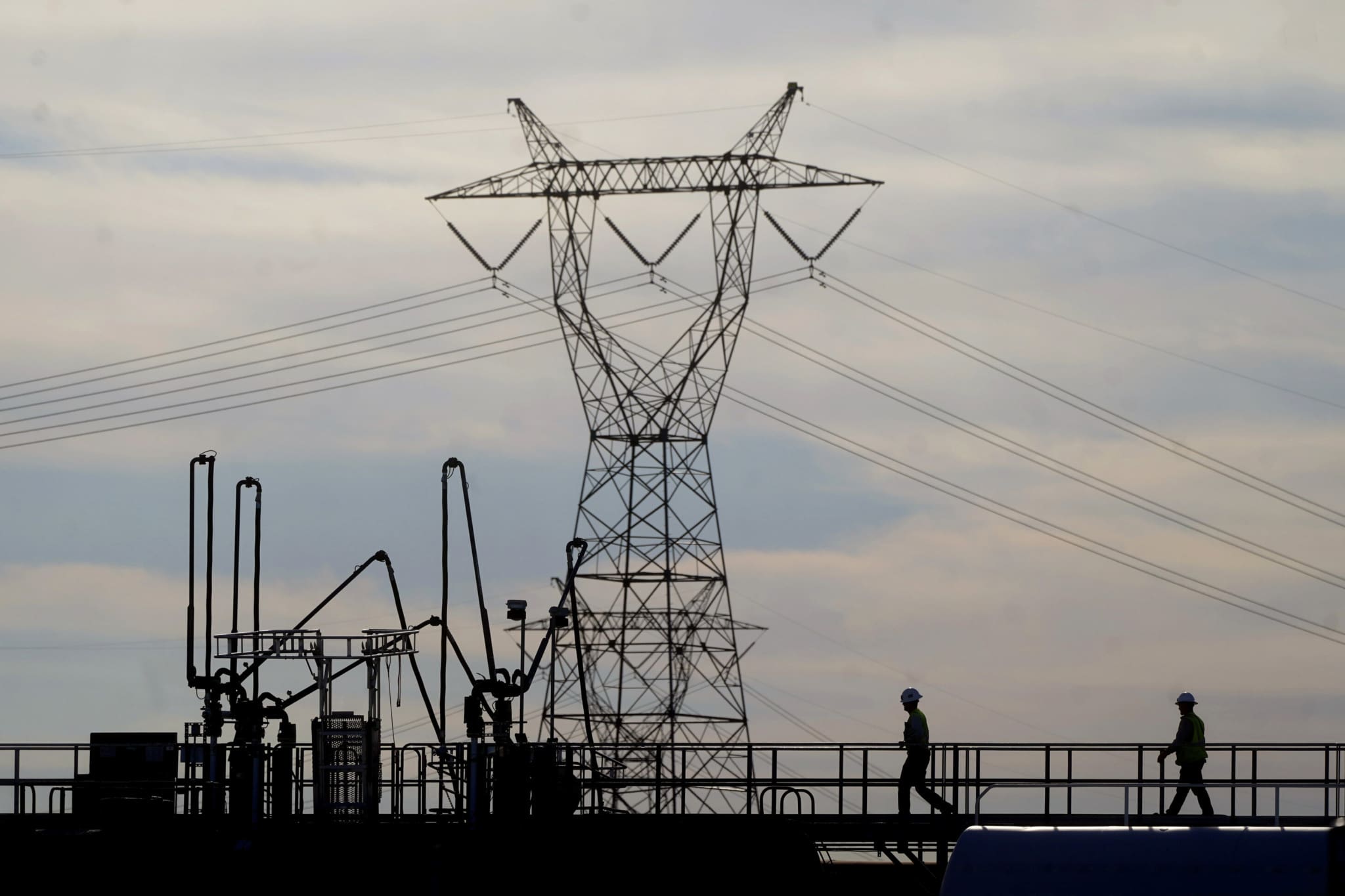Power electricity is being sold on the exchange for prices that are 10 times higher than before the Covid-19 crisis. If this continues, the amount of 25 korunas (€1) per kilowatt-hour may appear on household bills, meaning five times what the Czechs used to pay. At first glance, it doesn’t make any sense.
Russian President Vladimir Putin is throttling gas supplies, which is why its price is four times higher than in 2019. The policy of Arab sheiks has also increased the price of oil, which is why a barrel costs 50 percent more compared to the pre-crisis period.
But you cannot attribute the rise in electricity prices solely to Putin or the sheiks. The reasons stem from system failure and some important actors, namely Germany and France, as well as the general rules in the European Union. Czechia itself is a victim here and has not yet begun to defend itself.
[pp id=46023]
Everyone remembers the massive increase in electricity prices at the beginning of autumn 2021 when the wind stopped blowing over the North Sea, and Europe experienced a blackout of German wind power plants.
It suddenly became evident that there was nothing to replace them. Expensive allowances burdened the production of coal-fired power plants. Gas became more costly due to high demand. In the short term, the price of electricity then reached half its current level.
What is going on today is similar. France shut down half of its nuclear power plants as it does maintenance on some and temporarily shut down others due to water shortages during the dry summer.
Therefore, the largest exporter of electricity suddenly became an importer dependent on supplies from Great Britain. However, the heart of the problem is in Germany. If the media outlets, led by Die Welt and the Frankfurter Allgemeine Zeitung, are to be believed.
[pp id=45888]
At the beginning of the Russian invasion of Ukraine and after the sharp reduction of Russian gas supplies, the German government promised to switch the production of electricity from expensive gas to much cheaper coal-fired power plants. At the same time, the country began to discuss the fact that it would stop shutting down nuclear reactors. But it has not done anything yet. According to Handelsblatt, the same amount of electricity is being produced from gas, equal to what was produced years before the invasion.
Bureaucratic barriers created by the government and difficulties in importing coal across the partly dry Rhine discourage the owners of coal-fired power plants from operating the shut-down units. The only exception is the Czech billionaire Daniel Křetínský, who started production at the Mehrum power plant in Lower Saxony.
Křetínský can also start its lignite power plants in Saxony. However, Olaf Scholz‘s government does not want this because they produce too much carbon dioxide.
The war in Ukraine created the environment for rising electricity prices. However, the current cause is the failure of the energy policy known as the Green Deal, which stubbornly hampers production from available resources. Even in the greatest of crises, it cannot offer an alternative.





